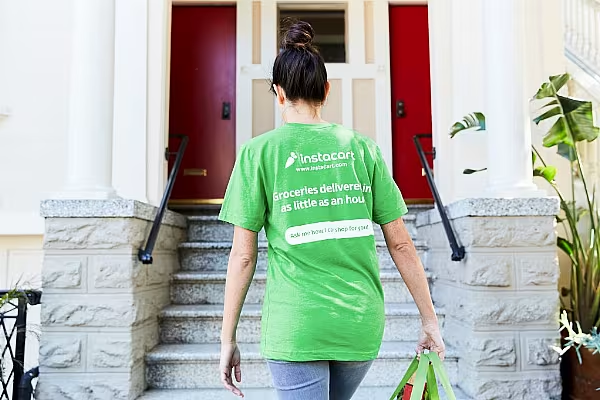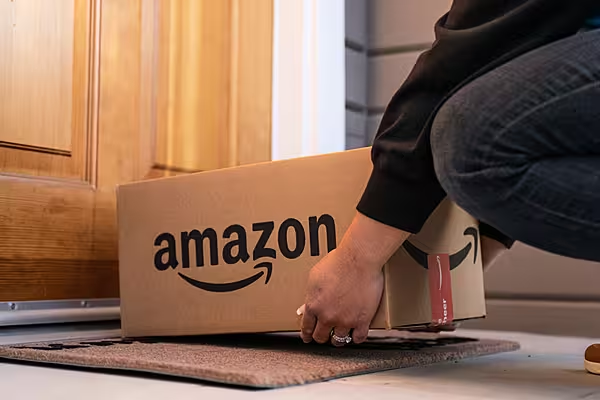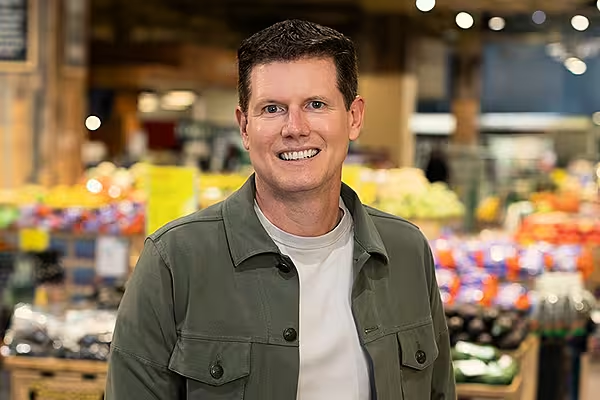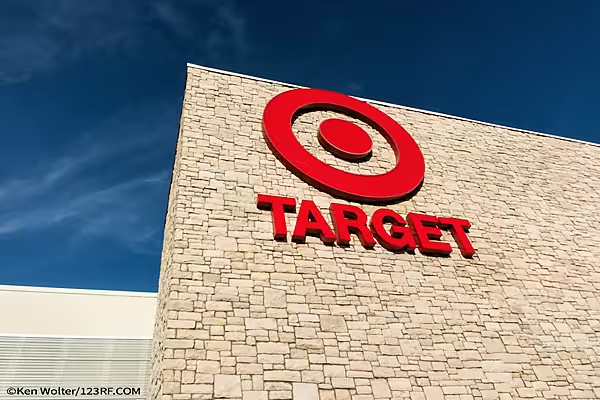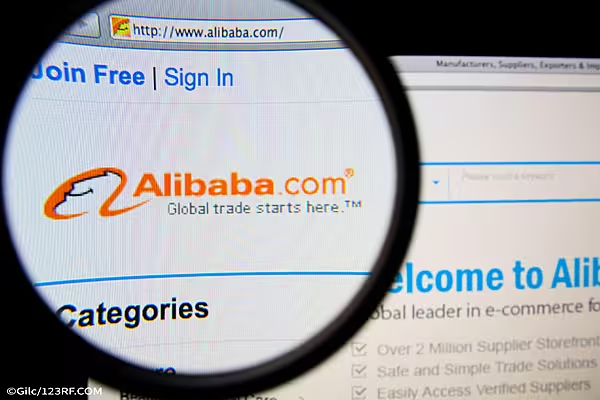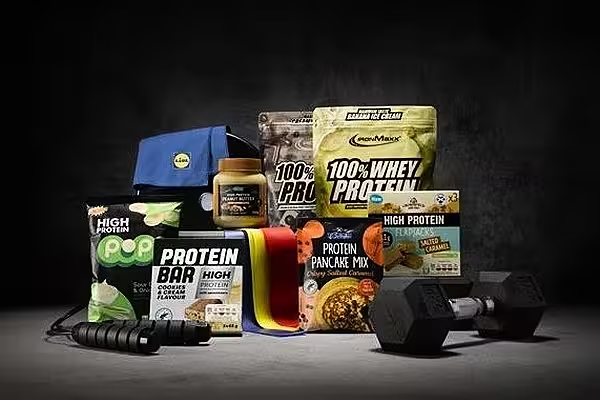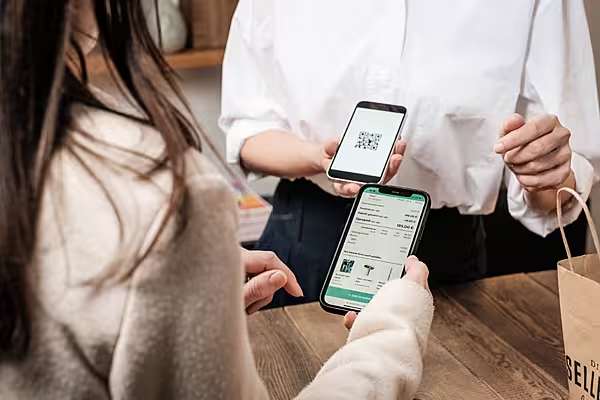When Amazon acquired Whole Foods as part of its attack on the supermarket industry, it looked like a crushing blow for grocery-delivery startups like Shipt and Instacart.
If consumers could get their food from Amazon, why would they need a separate delivery service? But rather than make the startups obsolete, the Whole Foods deal helped raise their profile.
Grocery chains across the US have enlisted the two companies to help them set up delivery operations, viewing them as key allies in the defence against Amazon.
Shipt CEO Bill Smith has watched it unfold from Birmingham, Alabama, where he founded the startup in 2014. Amazon’s Whole Foods takeover was a wake-up call for supermarket chains, he said, and business began picking up after the transaction was announced in June.
“It was a slow-and-steady approach before the deal, but I think now they know they have to be aggressive,” Smith, 32, said in an interview. “The deal moved partnering with companies like us to the forefront.”
Shipt has seen its orders surge 60% since June, and it has pushed into 22 new geographic markets. Next year, the company expects to hit roughly $1 billion in revenue.
Amazon’s Threat
For years, the grocery industry was insulated from the disruptions of e-commerce, which has hammered other areas of the retail landscape. So far, only about 2% of the roughly $800 billion market has shifted online, according to RBC Capital Markets.
But the $13.7 billion Whole Foods purchase heralded a new era for the industry. Amazon’s knack for supply-chain logistics and customer-data analysis has investors betting that it will eventually master the food business. Along the way, analysts predict that at least 10 percent of grocery sales will move online.
The question for traditional supermarkets is how to handle all those internet orders. They could build their own delivery network, but it’s an arduous and expensive process, Smith said. That’s why many of them are seeking help from e-commerce startups.
Shipt and Instacart use a similar model: They partner with retailers, making the items at a particular store available online. Once a customer orders, they send a “shopper” into the store to grab the groceries, and then deliver the items. Shipt charges $99 a year for unlimited deliveries.
Shipt will end the year in more than 70 US markets, up from 30 in 2016. For Instacart, the growth has been even more rapid. The company is launching in seven new places this week and will finish the year in more than 170 markets, a more-than-fivefold increase from a year earlier.
Retail Relationships
Instacart, based in San Francisco, has a complicated relationship with Amazon. Whole Foods enlisted the company to provide delivery services before the grocery chain was acquired by the e-commerce giant. That’s raised questions over whether Whole Foods will still need Instacart in the future.
For now, Instacart has a few years left on its contract with Whole Foods, which invested more than $30 million in the startup last year.
Kroger, the largest conventional grocer in the US, works with both startups. And Albertsons, the industry’s No. 2 chain, recently tapped Instacart to provide home delivery at more than 1,800 of its stores by the middle of next year.
When Amazon first announced the Whole Foods deal, the move rattled shares of Kroger, which became a symbol of an old industry ripe for a shake-up. But the fears have begun to subside, and Kroger’s stock has outpaced Amazon’s in the past three months.
Shipt has focused on the Southeast and the Midwest, teaming up with well-known regional retailers like Publix Super Markets and H-E-B Grocery Co.
It takes the company about six months to become profitable in a new market, Smith said. By the end of 2018, Shipt expects to be in about 140 markets, including most major cities in the U.S.
‘Crack the Code’
Walmart, meanwhile, has focused more on curbside pickup - rather than grocery delivery. It hopes customers will be drawn to the convenience of ordering online but still be willing to drive to stores to get their goods.
Smith doesn’t think Amazon will do to groceries what it did for books. In other words, there will be plenty of room for multiple companies to thrive.
“Amazon is a very good machine, but they haven’t been able to crack the code on grocery,” he said. “It’s a very different business.”
Jennifer Bartashus, an analyst at Bloomberg Intelligence, expects grocery-delivery startups to make further inroads. Even though few Americans are currently getting their food delivered, offering an e-commerce option is seen as a critical marketing tool, she said.
“It’s almost become a de facto requirement to have it,” Bartashus said. “Right now, it’s more about perception than reality -- they want to be perceived as contemporary.”
News by Bloomberg, edited by ESM. Click subscribe to sign up to ESM: The European Supermarket Magazine.
